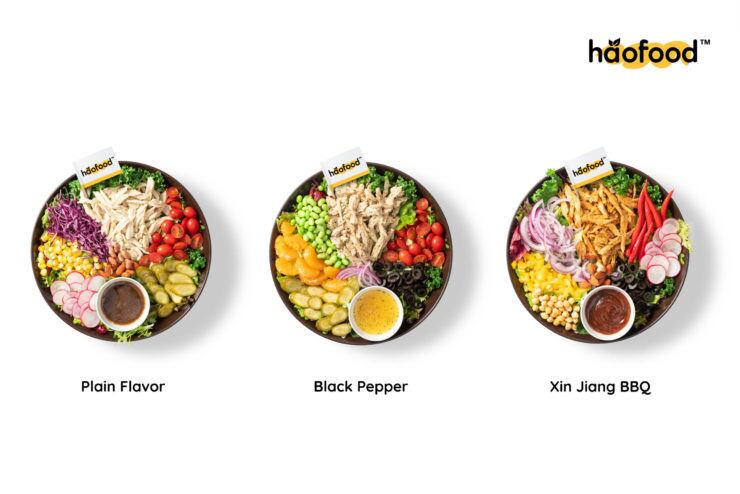Shanghai plant-based brand Youkuai recently partnered with Beijing-based Usource, which specialises in distribution for meat and plant-based brands in North China, to expand its B2B2C distribution across China.
Prior to that, Youkuai handled its own distribution – with B2C channels spanning WeChat, JD.com, and premium markets, and B2B in restaurants, hotels and catering to private schools, corporate canteens, and hospitals.
FoodNavigator-Asia previously covered Youkuai’s plant-based pork product line and its China’s distribution strategy in the early years of the business.
Its founder Franklin Yao explained it now wanted to focus on product development, and wanted a distributor to undertake sales and marketing to better understand its plant-based customers coming from each channel.
“The most important thing is to gather information and figure out how to leverage on this. We want to learn about this market in order to develop better fit products for them.
“[Right now], we are handling one channel – catering – where we’re very close to the customers and we can develop new products for that. For other channels, we’re best served to work with highly competent partners that share our values and care for our customer experience,” he added.
Current state of China’s plant-based market
Despite having the world’s largest consumer economy, Yao’s sentiments were that the development of plant-based consumer trends was put to a halt due to the pandemic “sealing off China from the rest of the world.”
He added that it is an established category in the United States and Europe, and one can easily find a vegan or plant-based aisle in a common supermarket, or even an ethnic one.
“Everybody expects how quickly this would take off in China. I think for the most part, it has not been a quick win. Whether it’s start-ups, established Chinese companies or even global MNCs, they have tried to do the China market, but nobody has really met their expectations.
“I think what this has done is force the remaining players in China like ourselves to really think deeply and reset the way we do our business to understand our market. We need to think carefully about our product offerings and the channels to target the customers,” he elaborated.
Notably, Yao added that there was a consolidation of players in China’s plant-based market. At the current state, it would make sense for the companies to leverage on each other’s expertise – for Youkuai, it is product development – and collaborate more to tackle the market.
“The initial hype around plant-based meat have largely retracted from the China market right now. So really, the companies that have the best quality and can find a fit in the market are the only ones that are actively playing in the market right now.”
Continued focus on B2B distribution
Yao said it will continue to focus on B2B distribution, as the repeat order rate is higher, and it is able to gather concrete feedback from partners on how customers prefer to consume its plant-based products.
“Getting somebody to try something the first time is easier than getting them to buy it the second time. Within the catering channel, we’re getting customers to eat our products again. And we’re closer to the customer in terms of getting data like what recipes they like, price points, locations. The data gives us a lot of focus to develop products that are closer to what the customer wants.”
He explained the constraints of B2C marketing: “Marketing for a new category is extremely expensive. For our product to make a small percentage of the customer’s basket of goods is also inefficient.
“The data we get back from the supermarkets is not as transparent as we don’t see the customers directly consuming our plant-based products. That makes product development difficult. If we don’t have a close relationship with the individual customer, it’s very hard to do that market fit.”




